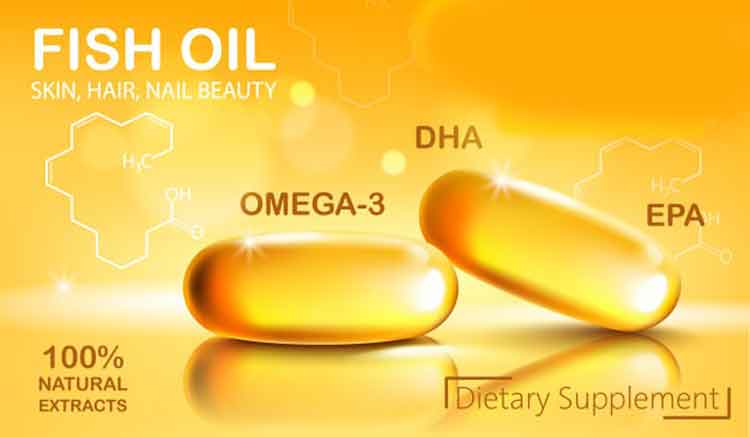Fish oil has been in the news the past few years as more people begin to realize the health benefits of the omega fatty acids present in fish. Fish oil supplements have been noted for their part in everything from brain development and joint health, to weight loss and alternative ADHD treatment. The oils in fish would make it one of the healthiest foods on earth, except that polluted waters are now limiting our fish consumption. Mercury, PCBs, and other contaminants make eating high quantities of fish an unrealistic goal for a healthy body. It may be time to choose a high quality fish oil supplement to receive the benefits these omega fatty acids.
Purity
The most important consideration when choosing a fish oil supplement is its purity. Oil gathered from fish in polluted waters are far more likely to contain the contaminants we want to avoid in our diets. Fish oil gathered from fish farms is not a safe choice, and Atlantic salmon is one to avoid as well. Anchovies, Alaska salmon, and Arctic cod are all fish from purer waters, and therefore better choices for health. A list of fish oil supplements that passed the stricter regulations of California’s Proposition 65 can be found at the Environmental Defense Fund. If an oil does not at least pass these standards, it should not be considered fit for consumption.
EPA to DHA Ratio
There has been much debate as to what is the best ratio of the two omega 3 oils found in fish oil. There is still no consensus on ratios, but it is widely believed that a supplement with more EPA than DHA is usually the most beneficial, anywhere from a 2:1 to a 4:1 ratio is recommended, with at least 200mg of DHA per serving. This is because EPA can be converted to DHA within the body if needed, but the reverse is not true. One exception may be pregnant and nursing woman, as they need much higher levels of DHA to support the brain and nervous system development of their babies. Stay away from brands which do not list the exact amounts of EPA and DHA in each serving, as this is a sign of a low quality supplement with limited quantities of omega oils, more helpful hints.
Another point of contention is whether molecularly distilled or “whole” fish oil supplements are best. While the distillation process can remove unwanted contaminants from the fish oil, it may also rid the product of some of the natural antioxidants available in a pure, unaltered oil. Manufacturers of products which do not use this molecular distillation contend that if a fish is truly pure to begin with, it does not need to undergo such processes, and that molecularly distilled fish oil is from inferior fish. It may be beneficial to find a “whole” supplement for the full benefits of fish oil, but choose carefully following the purity standards to avoid contaminants.


